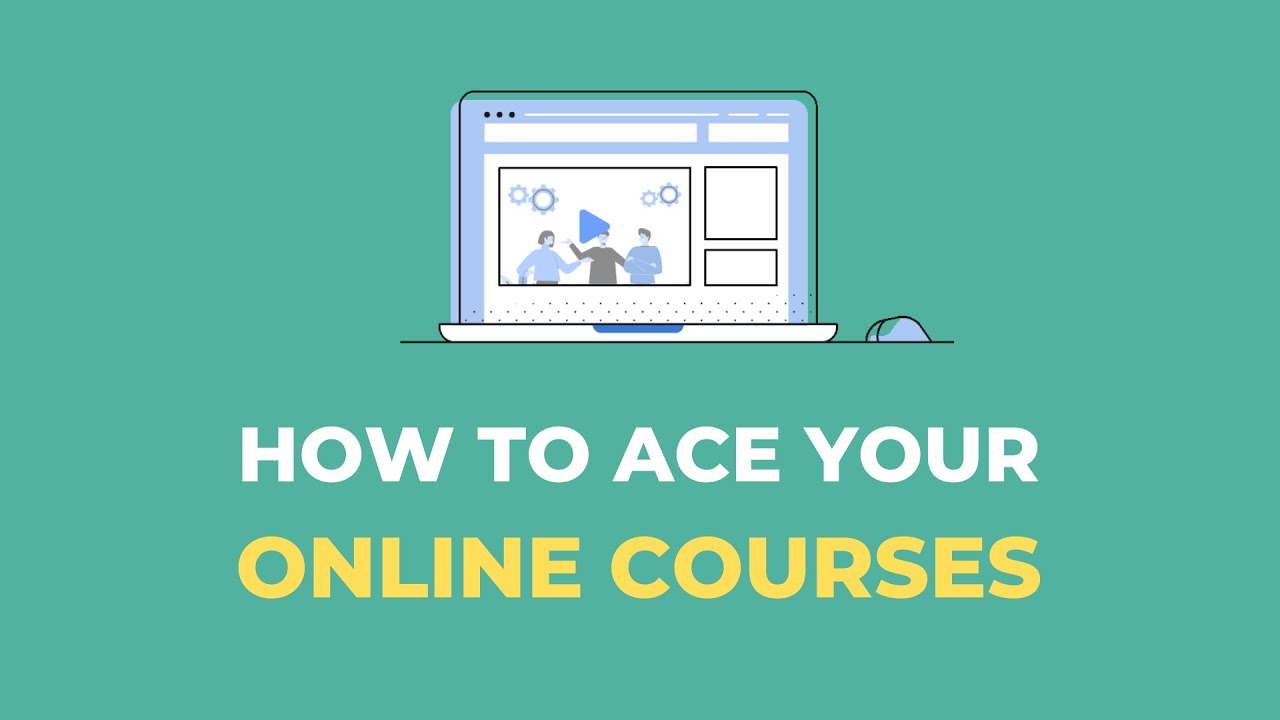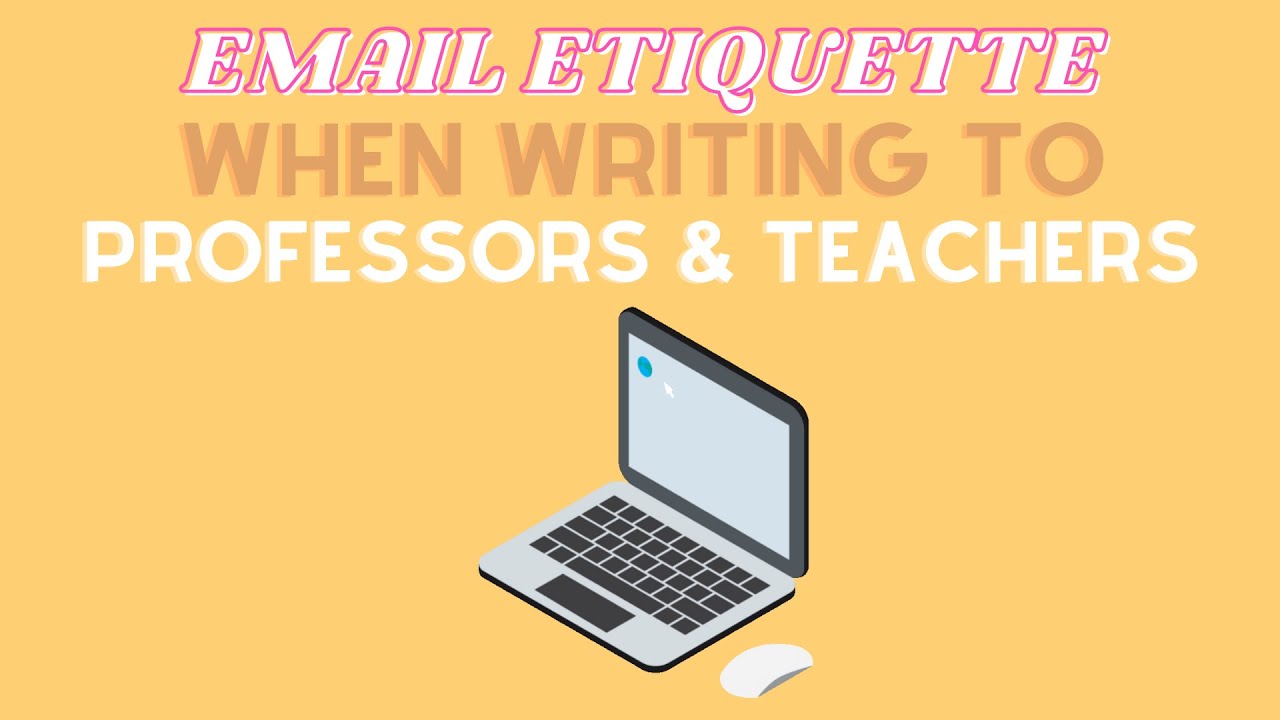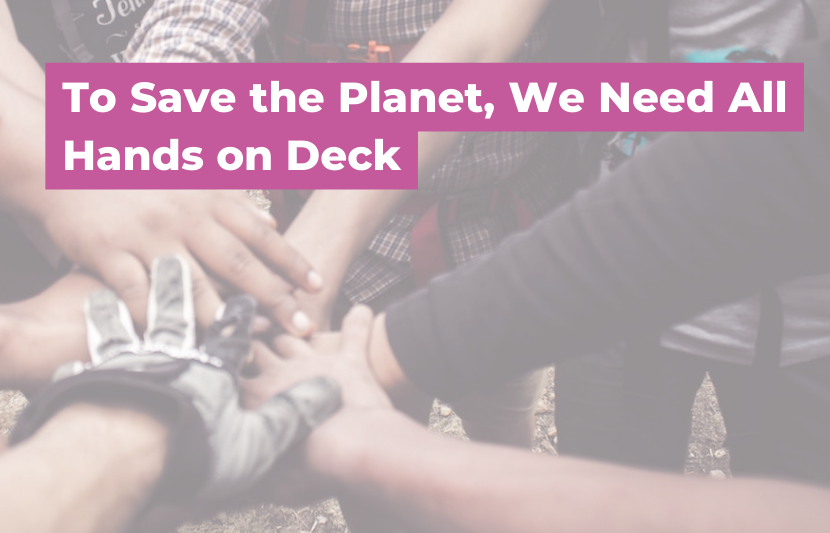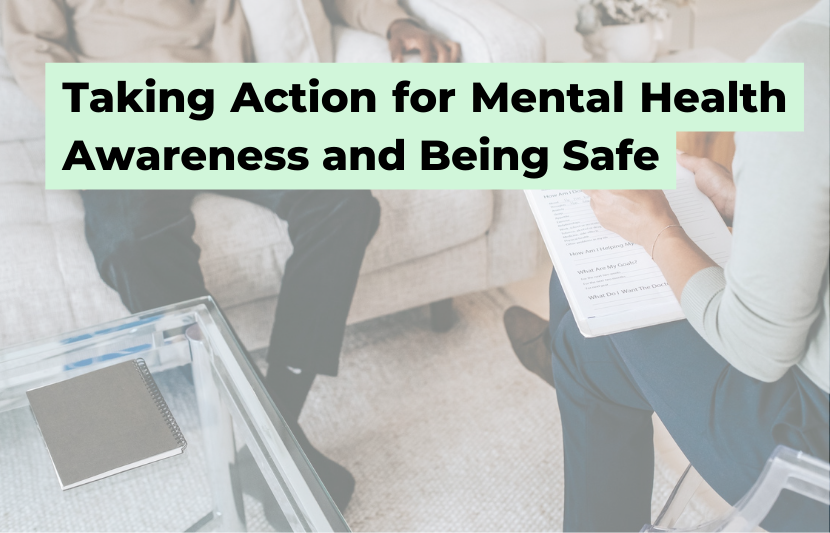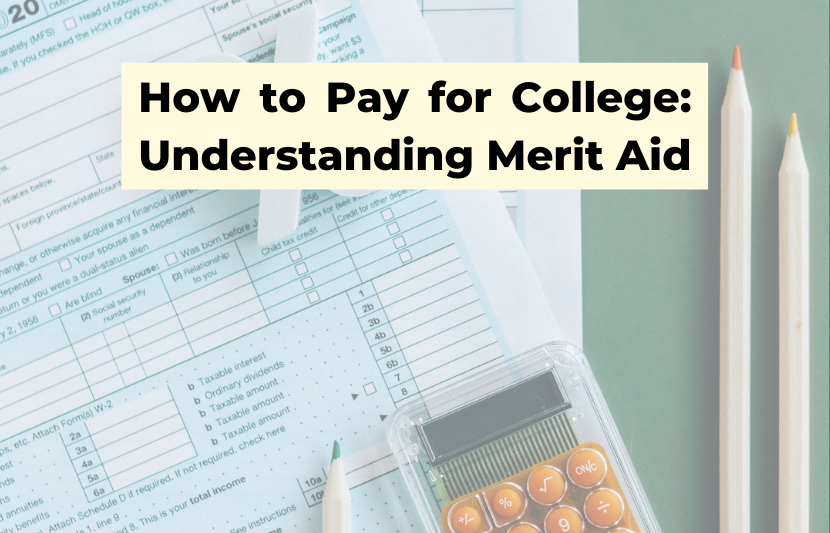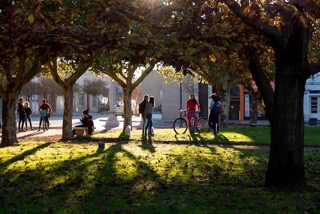In this episode of TUN TV, Dr. Crystal Rose interviews Bud Philbrook about the benefits of international travel for students.
Dr. Rose: Welcome to The University Network TV where we scan the globe to give students, their families, and educators the very best tips for student success. I’m your host today, Dr. Crystal Rose, and in this student success show, we’re exploring the topic “Fom Community Service to the College of Your Dreams.”
Today, we’ll be discussing the benefits of international travel for students. If you’re a high school student and you are interested in going to college, you’ve likely heard about the increasingly selected college admissions process. With the stakes this high, it’s easy to get caught up in the hype and forget that the path to college can actually hold an incredible amount of transformative opportunities to help you become your best self.
This is what we will explore today with Global Volunteers, an international service-learning program. We’ve invited the CEO and co-founder Bud Philbrook for this series. They’ve been featured on the likes of CNN, Oprah, CNBC and, today, they are featured on TUN TV.
Welcome, Bud Philbrook.
Philbrook: Thank you, Crystal. It’s great to be with you.
Dr. Rose: A service-learning experience can really benefit someone who perhaps already has
a profession. They’re an engineer already, or they’re a doctor or lawyer.
Philbrook: Yeah. So, we engage a lot of medical students and medical professionals.
Dr. Rose: Who have been some of the professionals that embark on your service-learning programs?
Philbrook: Health care professionals – not just in the medical disciplines – but also nutritionists and others. Agriculturalists, agronomists, engineers and other professions like architects. There’s all these cultures and people all over the world, and they’ve all figured out how to do things differently – sometimes the same thing, but they do them differently. One’s not better than the other, just different.
And so, to be able to see your profession from the eyes of someone else’s culture, economic system or political system is really mind-blowing. How did they ever figure that out, to do it that way? The West has tremendous methods of doing things, without question. The way we do things in the United States is superb, without question, but other communities and other places around the world have really figured out some very unique techniques, methods and a variety of disciplines.
Dr. Rose: Can you please give us an example of a professional that had a service-learning experience with Global Volunteers and what that was like for them?
Philbrook: I’ll just give you a couple of examples of nursing students. We engage a lot of nursing students and we had a couple of nurses recently in Tanzania. And during their four-year baccalaureate, it just never presented the opportunity to witness or participate in the delivery of a baby, but we operate, conduct and operate a clinic.
And this nurse had that opportunity. She came to me and she was just thrilled. I mean, her eyes were just as bright as could possibly be when she said, “I got to help deliver a baby.” She hadn’t had that opportunity before. So, there goes example after example after example.
Dr. Rose: I so appreciate you highlighting that one for a nurse and really the opportunity of exploring your skills in a global context has even more weight today than it has been before, and it’s so exciting.
So, it’s clear that service-learning programs like the ones that Global Volunteers offers can be transformative in a variety of circumstances for anyone who participates. I’d love to ask you about something else, and it really does highlight things that confuse people about service-learning programs, particularly when they’re international.
So, how can students perhaps bypass these negative associations with volunteering or service learning in a foreign country when they’re recounting these experiences in their college applications?
Philbrook: Well, first of all, there are programs that are not helpful. I’m not going to name them, but there are programs that are not helpful – programs that primarily focus on the student, for example. Now, if you’re studying abroad, that’s a different thing. We’re not talking about that. We’re talking about service learning. If the primary or only purpose of the service-learning program is the students in Richmond, then the odds of it actually being helpful to the community aren’t going to be very high.
So, the way I suggest that people talk about it is the way that we operate. So, if they went with us, with Global Volunteers, they would say, “Well, the community invited us because we only go where we’re invited. We did what the community asked because we only do what the community asked. We worked under the leadership of local people because that’s one of our core values. We worked hand in hand on that project with local people.”
And that tells you that it’s important to them because, otherwise, they wouldn’t do it. So, what I would tell people to say is, what we did was of value to the community because they invited us. We worked under their leadership. See, we worked hand in hand. They decided what we did.
Dr. Rose: That is so well said. You know we don’t want this experience to feel like it was just done to impress or a trend. It’s something beyond that.
Philbrook: Way beyond that.
Dr. Rose: Thank you, Bud, for sharing this and how transformative service-learning experiences can be.
Philbrook: My pleasure, Crystal.
Dr. Rose: We appreciate you joining us for this important series. Thank you. And if you haven’t done it as yet, please check out Part One and Part Two — the links are below. Here’s to your success. I’m your host today, Dr. Crystal Rose. Until next time on TUN TV.
This interview has been edited for clarity.
For more exclusive interviews with experts who share their insight to help students succeed, check TUN TV!
Related:

